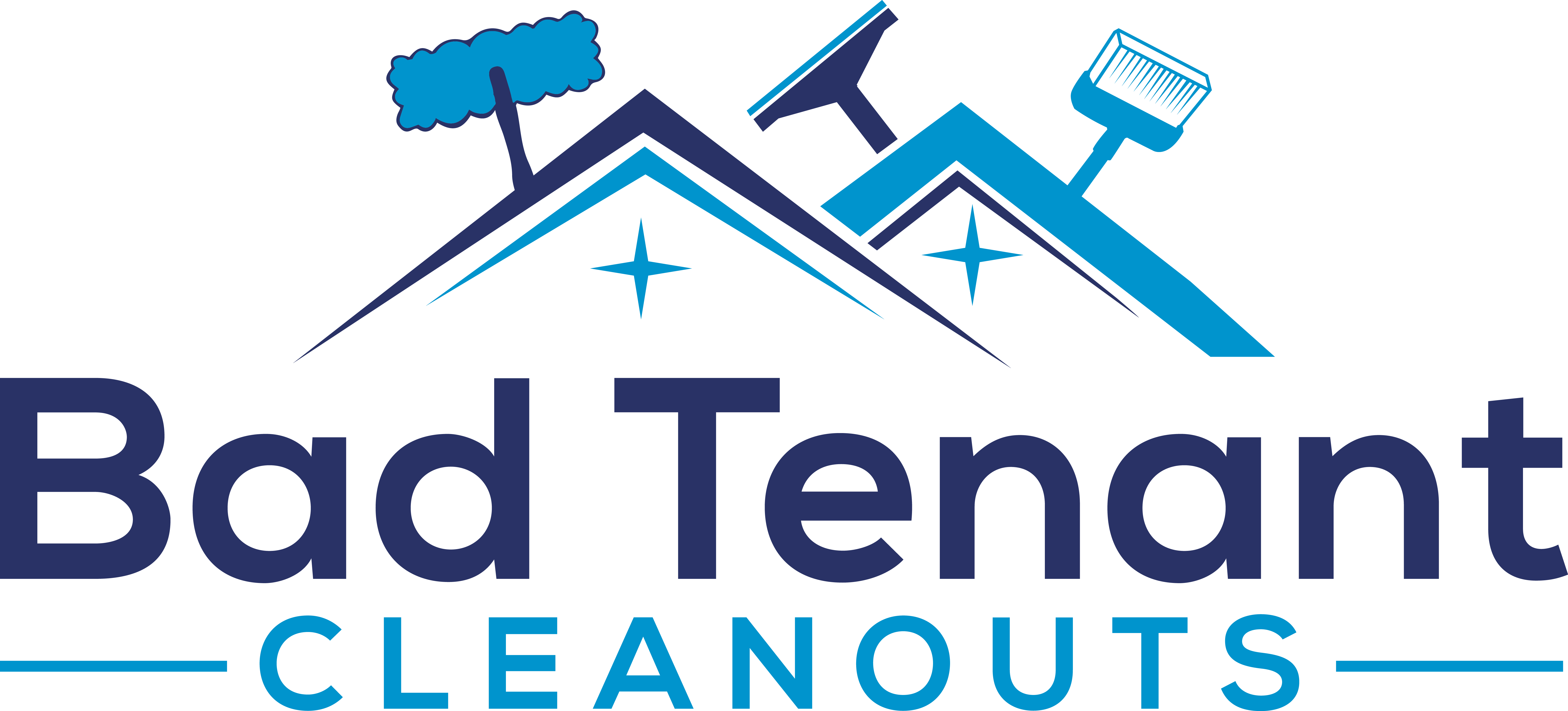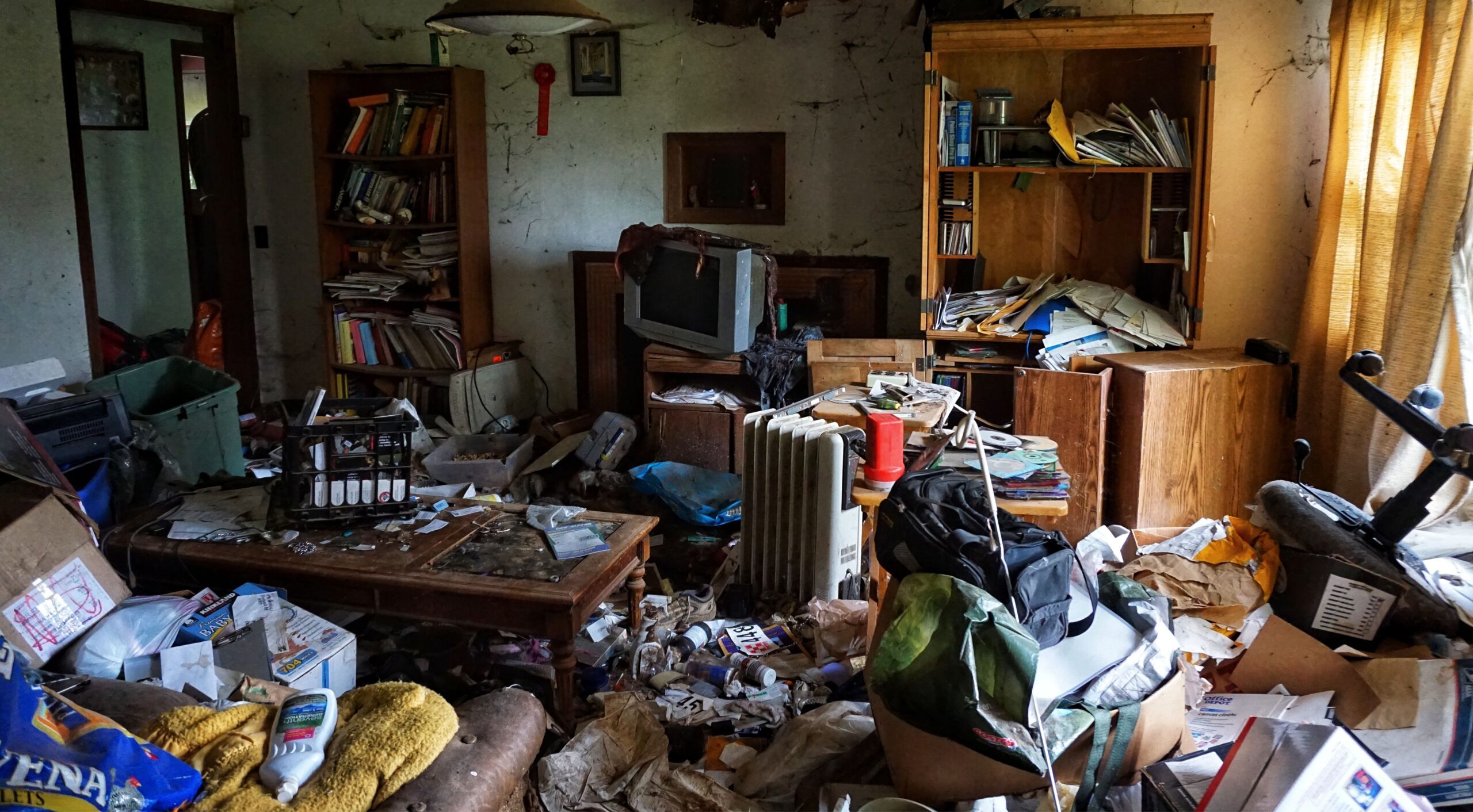A Comprehensive Guide to a Landlord’s Legal Responsibilities
Being a landlord comes with various legal responsibilities that ensure both the safety of tenants and the smooth operation of rental properties. Fulfilling these duties not only keeps landlords compliant with local laws but also helps maintain positive relationships with tenants, reduces the risk of disputes, and protects the value of the property. In this guide, we’ll take a detailed look at a landlord’s legal responsibilities, with a particular focus on Ontario law, while covering principles that apply broadly across Canada and many other regions.
Providing a Habitable Living Environment
A fundamental responsibility for landlords is ensuring that the rental property is habitable—meaning it is safe, clean, and fit for tenants to live in. This concept includes several key factors:
Structural Integrity
The rental unit must be in good repair. This includes the building’s exterior, foundation, walls, ceilings, doors, windows, and roof. The property should be free from structural hazards such as:
- Leaking roofs or walls.
- Cracks in the foundation.
- Unstable or unsafe staircases.
- Faulty or damaged floors.
Utilities and Essential Services
Landlords are responsible for ensuring that essential services are available in the rental unit, such as:
- Water (hot and cold).
- Heating (during the required months).
- Electricity.
- Gas (if applicable).
- Sanitation (plumbing must be in working order).
Landlords must maintain these utilities unless the rental agreement specifically requires the tenant to set up their utility accounts. Cutting off these essential services to force tenants to leave is illegal and may result in fines or penalties.
Climate Control
In many jurisdictions, including Ontario, landlords are required to provide adequate heating during specific times of the year. For instance, during the heating season (typically September to June), the temperature inside the rental unit should not fall below a certain threshold (usually around 20°C).
Air conditioning, however, is not a legal requirement unless it is part of the lease agreement or included in the rent.
Pest Control
It is the landlord’s duty to ensure the rental unit is free from infestations such as rodents, cockroaches, and bed bugs. If tenants report a pest problem, the landlord must take steps to exterminate the pests and prevent further infestations.
Maintenance and Repairs
Under Ontario’s Residential Tenancies Act (RTA), as well as in most regions, landlords must ensure that the rental unit and all common areas are maintained in a good state of repair. This responsibility remains with the landlord even if the lease states otherwise.
Responding to Repair Requests
Landlords are required to make repairs within a reasonable time after being notified by tenants of an issue. Repairs may include:
- Fixing plumbing issues (e.g., leaking pipes, clogged drains).
- Repairing electrical systems (e.g., faulty wiring, broken lights).
- Addressing heating system failures or appliance breakdowns.
Failure to respond to repair requests can lead to tenant complaints and possible orders from the Landlord and Tenant Board (LTB) to carry out the repairs. Tenants also have the right to withhold rent or apply for rent reductions in severe cases of neglect.
Emergency Repairs
In cases of emergency, such as flooding, fire, or a gas leak, landlords must respond immediately. Failure to address emergency situations can result in serious safety concerns and legal liability.
Preventative Maintenance
While tenants may report issues, landlords are responsible for keeping up with routine maintenance tasks, such as:
- Replacing filters in HVAC systems.
- Inspecting fire alarms and carbon monoxide detectors.
- Maintaining landscaping and exterior lighting.
- Clearing snow and ice from walkways.
Preventative maintenance helps avoid costly repairs and ensures the rental unit stays in compliance with safety codes.
Safety and Building Code Compliance
Landlords must comply with all local building codes and safety regulations. In Ontario, landlords are legally required to ensure that their rental properties meet the standards set by the Ontario Building Code and the Fire Protection and Prevention Act. Key safety obligations include:
Fire Safety
Landlords must ensure the rental unit is equipped with working smoke alarms and carbon monoxide detectors (in units that use fossil fuel-burning appliances). Smoke alarms should be installed on each floor, and they must be tested regularly. In most regions, it’s illegal to rent out a unit that doesn’t meet fire safety regulations.
Electrical Safety
The landlord must ensure the property’s electrical system is up to code. This includes making sure that:
- There are no exposed wires.
- The outlets, switches, and appliances provided are functional and safe.
- There is adequate lighting in hallways, stairwells, and common areas.
Safe Access
The landlord is responsible for maintaining safe entry and exit points to the rental unit, including:
- Locks on doors and windows that function properly.
- Clear and accessible hallways, stairs, and entryways.
- Proper lighting in shared or exterior spaces for safety.
Landlords must also ensure that emergency exits are accessible and clearly marked.
Handling Tenant Complaints
Landlords are legally required to address valid tenant complaints. Common tenant complaints include issues related to maintenance, noise disturbances, or neighbor disputes. Ignoring complaints or failing to resolve them can result in tenants applying to the LTB or withholding rent.
Responding to Maintenance Issues
When a tenant reports a problem with the property, the landlord must address it in a timely manner. Depending on the severity of the issue, the landlord should:
- Acknowledge the complaint within 24-48 hours.
- Provide a reasonable timeline for when repairs will be completed.
- Keep records of complaints and actions taken to resolve them.
Noise and Neighbor Disputes
Landlords must ensure that tenants can enjoy their rental units without unreasonable disturbance. If one tenant complains about another tenant’s noise or behavior, the landlord must mediate the dispute, particularly if the disturbance violates the lease agreement.
Respecting Tenant Privacy and Entry Rights
Landlords must respect tenants’ right to privacy, which means they cannot enter the rental unit without proper notice unless it’s an emergency. The Residential Tenancies Act outlines when and how landlords can enter a tenant’s home.
Notice of Entry
In Ontario, landlords must provide at least 24 hours’ written notice before entering a tenant’s unit. The notice must include:
- The reason for entry.
- The date and time (between 8 a.m. and 8 p.m.) of entry.
- A detailed explanation of the reason for entry (e.g., inspection, repair, showing to prospective buyers or renters).
Tenants have the right to refuse entry if proper notice is not given, unless there’s an emergency.
Emergency Entry
Landlords may enter the rental unit without notice in cases of emergencies such as:
- Fire or flooding.
- Gas leaks.
- Significant structural damage.
However, landlords must still inform the tenant of the entry as soon as possible after addressing the emergency.
Handling Security Deposits and Rent Payments
Handling rent payments and security deposits correctly is a crucial responsibility. In Ontario, landlords are only allowed to collect a last month’s rent deposit and not a security deposit for damages, which differs from many other jurisdictions.
Rent Receipts
Landlords are legally required to provide rent receipts if the tenant requests them. These receipts should include:
- The amount of rent paid.
- The date the rent was paid.
- The address of the rental unit.
- The landlord’s signature or official seal.
Collecting Last Month’s Rent Deposit
The last month’s rent deposit is held as prepaid rent for the tenant’s final month of occupancy. Landlords must apply this deposit to the tenant’s final month’s rent and are required to pay interest on the deposit each year, calculated based on the Rent Increase Guideline for that year.
Rent Increases
Landlords must follow rent control guidelines and give tenants 90 days’ written notice before increasing rent. Rent increases can only occur once every 12 months, and landlords cannot raise rent more than the annual Rent Increase Guideline unless they apply for an Above Guideline Increase (AGI) through the LTB.
Handling Tenant Evictions
Evicting a tenant must follow strict legal procedures. Landlords cannot evict tenants without cause and must serve the correct Notice of Termination to start the process. Common reasons for eviction include:
- Non-payment of rent (N4 Notice).
- Persistent late payments (N8 Notice).
- Damage to the property (N5 Notice).
- Landlord’s personal use (N12 Notice).
Once the appropriate notice is served, if the tenant does not comply, the landlord must file an application with the LTB and attend a hearing. Self-eviction (changing locks or removing tenants’ belongings) is illegal and can result in hefty penalties for landlords.
Understanding Legal Responsibilities As a Landlord
Understanding and adhering to your legal responsibilities as a landlord is essential for ensuring the smooth operation of your rental property and avoiding disputes with tenants. By providing a habitable environment, maintaining the property, respecting tenants’ privacy, and following legal protocols for rent collection and evictions, landlords can ensure compliance with the law while maintaining positive relationships with tenants.
Ensuring that you understand local regulations, like Ontario’s Residential Tenancies Act (RTA), is crucial to effectively managing rental properties. Staying informed about legal obligations helps protect you as a landlord and fosters a safer, more cooperative living environment for your tenants. It also minimizes the risk of disputes, legal penalties, or complaints being filed with the Landlord and Tenant Board (LTB).
In summary, here are the key legal responsibilities for landlords:
- Provide a habitable living environment that is safe, clean, and well-maintained.
- Ensure maintenance and repairs are done promptly and address emergencies immediately.
- Comply with safety codes such as fire safety and electrical regulations.
- Respond to tenant complaints and maintain proper documentation.
- Respect tenants’ privacy by providing proper notice before entering their unit, except in emergencies.
- Handle rent and deposits in accordance with local laws, including providing receipts and following rent increase guidelines.
- Follow the legal eviction process and avoid self-help evictions.
By understanding and fulfilling these responsibilities, landlords can create a respectful, legally compliant, and positive rental experience for both them and their tenants.


